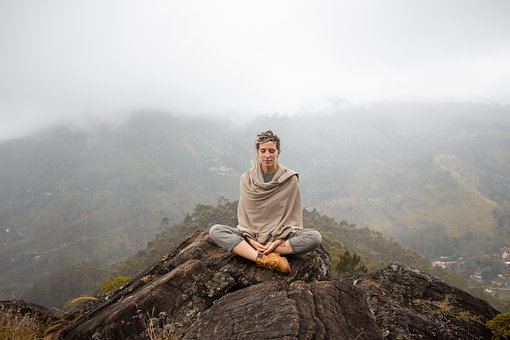An abundant documentary looks back on the life and work of the genius musician, who died in 2016. With, as a red thread, the fate of one of his most beautiful songs: Hallelujah.
Can a song, no matter how iconic, illuminate an artist’s life? Hallelujah: Leonard Cohen, a Journey, a Song offers an unprecedented dive into the intimacy of the Canadian musician who died in 2016, with, as a common thread, his song Hallelujah.
Signed by the American duo Daniel Geller and Dayna Goldfine – to whom we owe in particular Ballets Russes (2005) and Isadora Duncan (1988) – this documentary, presented at the beginning of September at the Deauville American Film Festival, aims to “shed light on the strong moments and influences that nourished Leonard Cohen, to pierce his spirituality”, explained Dayna Goldfine.
This movie is not a biopic about the creator of Susannaand it’s not a one-song documentary either, Hallelujah. “What we tried to do was look at the life of Leonard Cohen through his most famous song,” said the filmmaker.
A project that took more than eight years to materialize but which was done with the approval of the principal concerned. “It was important for us to have Leonard’s unspoken blessing. Without that, we couldn’t have made the film!”, indicated Daniel Geller.
A pioneer in “selfies”
Very rich, it is filled with rare archives obtained from the family of the author, composer and performer. Among these treasures, a video of the young Leonard in full poetic reading or his first interviews. More anecdotally, the film also gives pride of place to several “selfies” of the artist taken with his Polaroid camera. “He was someone who was ahead of his time, who took selfies in the 1970s,” Dayna Goldfine said.
Above all, the directors had access to the personal notebooks of the poet and musician. “It took years to get them back,” she added. “It’s also proof of what Leonard has always said. That it took years to write this song, spread over five notebooks. Song which his record company, Columbia, did not want. It was only a few years later that Bob Dylan released it from anonymity, then John Cale (1991), before Jeff Buckley’s poignant revival (1994).
Torments, depression and spirituality
The documentary richness of the film is also nourished by first-hand testimonies, such as that of Judy Collins, who gave him confidence to get started. Like when he went on stage in 1967 to perform Susanna. Terrified, he ends up abandoning her before being caught by Collins who encourages him to finish his performance.
According to the co-director of the film, Leonard Cohen was “a rather atypical interpreter, with an atypical voice. She wasn’t a very “rock’n’roll” personality… And I think she helped him a lot to overcome that”.
If the film meticulously explores the genesis and the revivals ofHallelujahit also sheds light on the torments of the artist, his quest for spirituality, his depression – from which he suffered in silence for years – and the rejection he initially aroused, painting a very human portrait of a man known for his immense career, but who never ceased to doubt.
“Before even starting the project, I told myself that Leonard Cohen was a god. But, after spending eight years scrutinizing his life, it became clear that he was a man. A man who has done a real job on himself. All the days of his life,” said Dayna Goldfine. For Daniel Geller, the documentary is not so much a film about a man, but a “journey through life. Journey that we all do”.
Hallelujah: Leonard Cohen, a Journey, a Song,
by Daniel Geller and Dayna Goldfinen.

